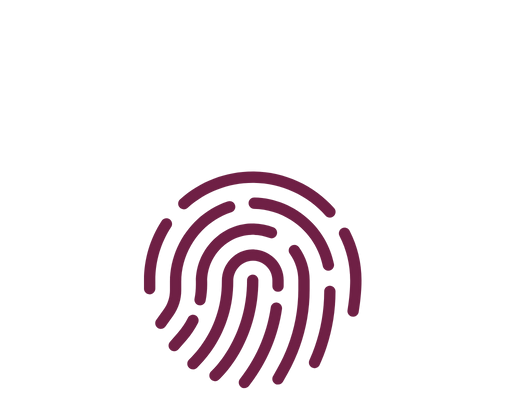
Download now and take your mental health awareness to the next level.
EVEXIA is a self-monitoring tool that empowers you to take charge of your personal journey toward wellness, by monitoring and managing your mood and functioning over time.

Free and confidential
You will never be charged to use Evexia or any of its features and your contact information or personal data will never be shared without a specific request from you.

Tailored feedback
Evexia provides specific suggestions to help you activate your personal journey to wellness driven by individual responses you select within the wellness tools.

Track your progress
You will get your own dashboard to track your history and progress towards your wellness goals. Reports may be printed and downloaded by you only.

Research-driven
All the tools used to measure your level of wellness are scientifically tested and standardized using widely accepted, best-practice methods of research.
Stay Connected
Be part of the great impact we're having on science and medical care across the globe.